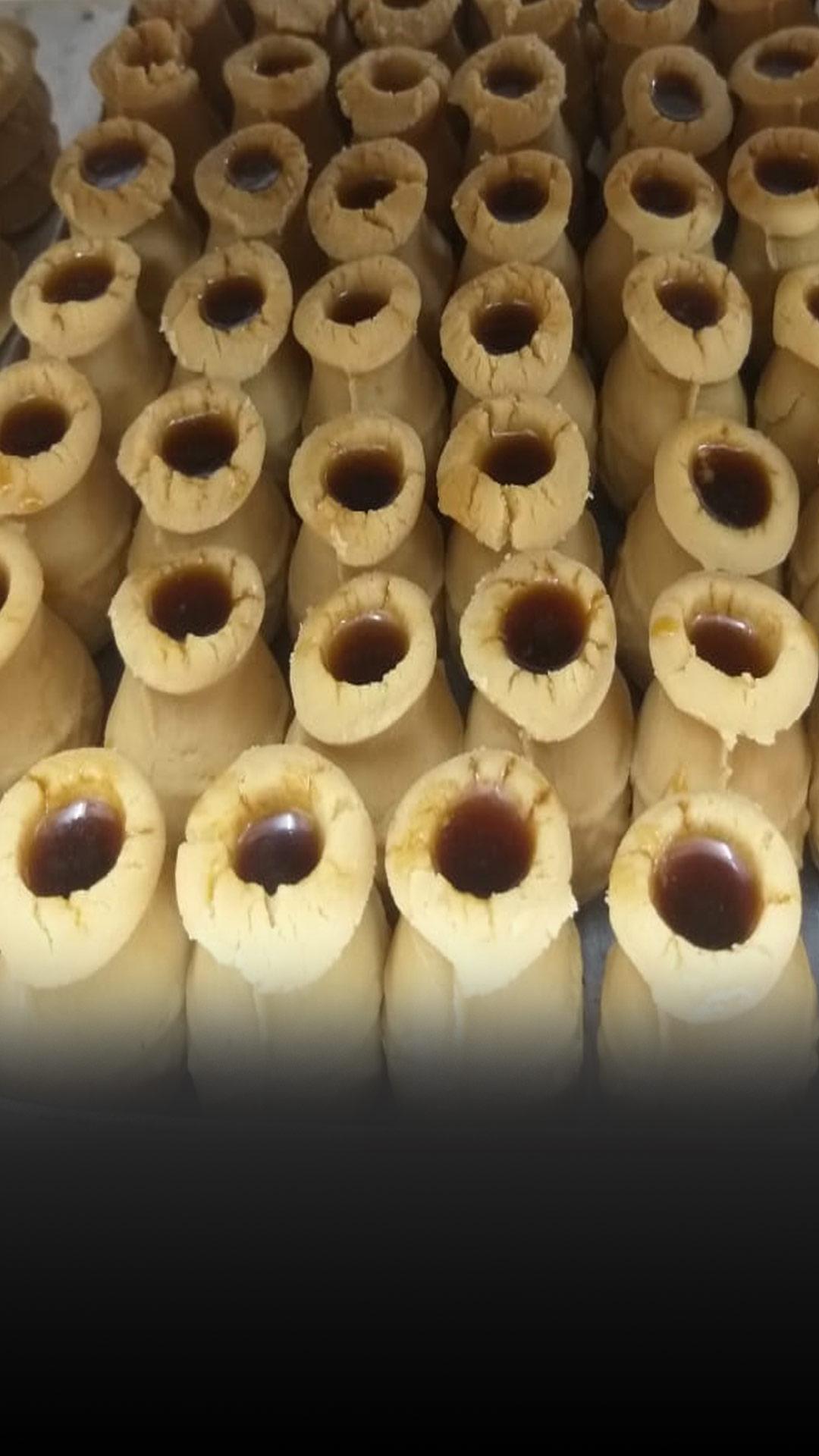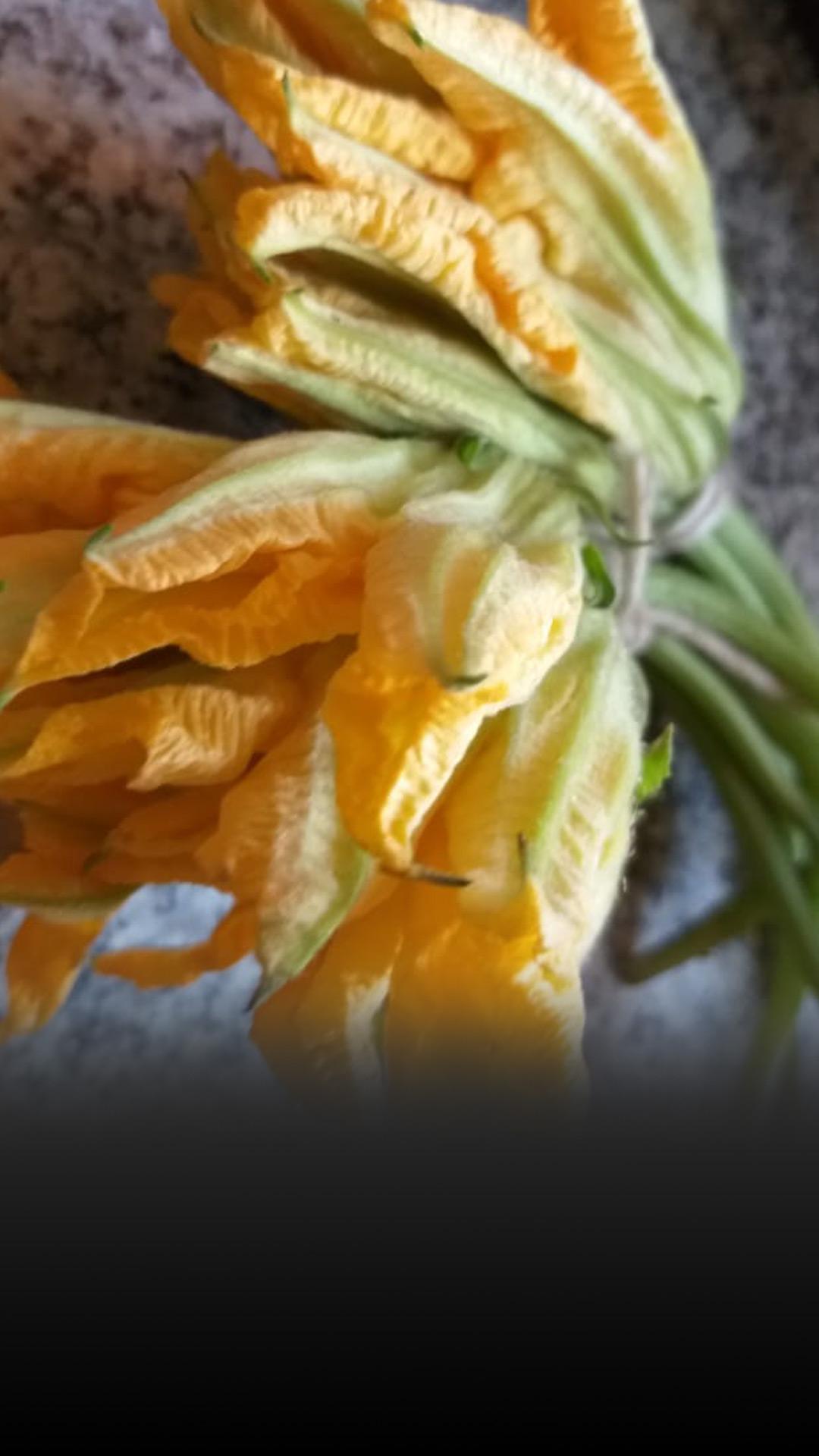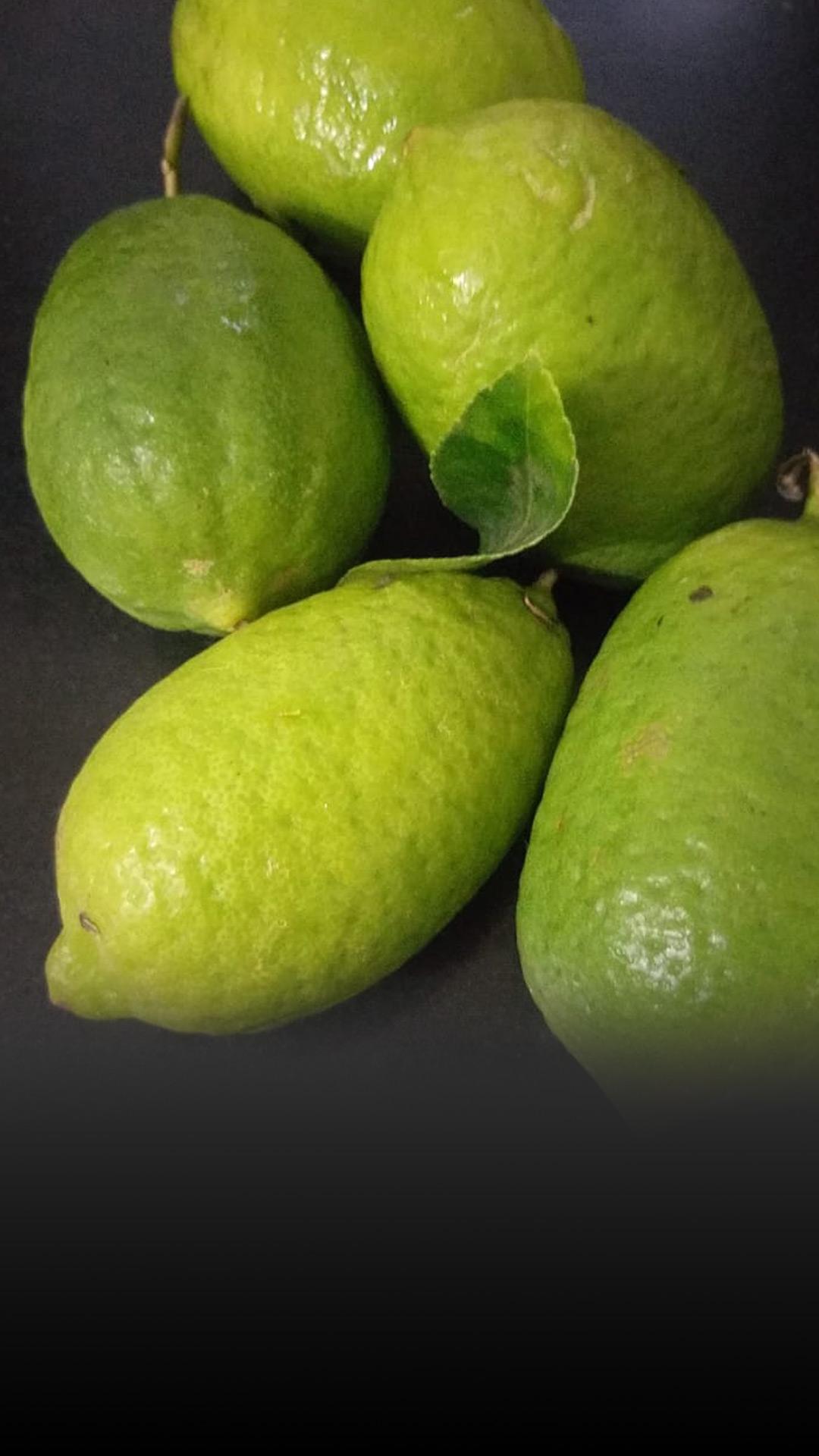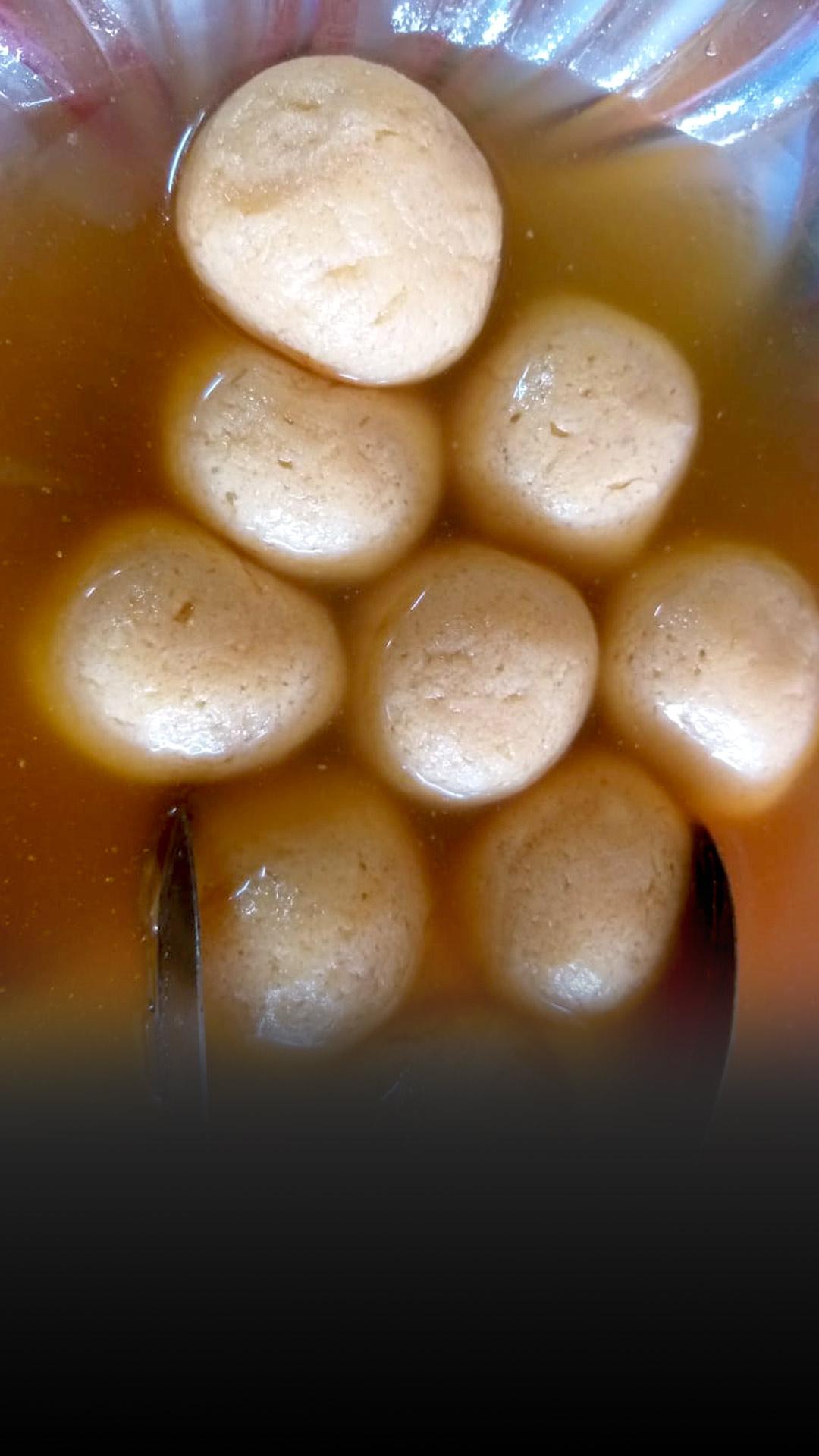
15 Drool-Worthy Kolkata Winter Foods
Available only when the chill sets in, grab before it ends, Swarupa Dutt strongly suggests.

Pumpkin Flowers
Yellow like the fruit, they disappear after winter. Deep fry in rice flour-besan batter for a crunch on the outside, plumpness within.

Gondhoraj Lebu
Aptly named ‘king of fragrance’, this large lemon is perfect squeezed over your salad or dal or in souffles.

Nolen Gur Mishtis
A 100+ varieties of mithais using nolen gur; its season begins in December, ends March.
Begun
The brinjal of Bengal winters, cut 2 inches thick and deep fried in mustard oil. Buttery soft, melt-in-the-mouth-yum.
Koraishutir Kochuris And Alu Dum
Kachoris stuffed with peas and Alu Dum made with new potatoes.
Shaada Sheem Or White Papdi
The humble papdi’s blue-blooded cousin, these are white or a pale green, thin and very tender.
Shaak Alu
Also called jicamas, they are eaten as fruit with the skin peeled. Brilliant white, it’s sweet not acidic, eaten cubed JLT or sprinkled with black salt.
Payaj Koli
Onion flowers -- not spring onions-- thicker, tubular, firmer and end in a bulb. Eaten stir-fried with potatoes or added to fish curry.
Mustard Flowers
The tender, soft, bright yellow flowers of mustard -- shorshe phool -- are made into pakodas.
Duck
Head to the duck festivals held at this time at several restaurants. Or to Tangra for authentic Chinese Duck Char Siu or Duck Roast.
Lal Mulo
Red winter muli or radish is sweet, slightly pungent and gigantic and makes for a delish salad with kashondi dressing.
Yellow And Purple Cauliflower
Found only in winter, these taste much the same as regular cauliflower but look exotic.
Motor Shag
Pea greens are cooked like spinach with kalonji and slit green chillies tempering.
Golap Jam
This is the Malay Apple and they look like they’ve been stained with red colour. Like the regular white wood apple fruit or jamrul but are sweeter.
Jolpai
Indian olives, they are picked when still under ripe. Try their sweet chutneys and pickles.